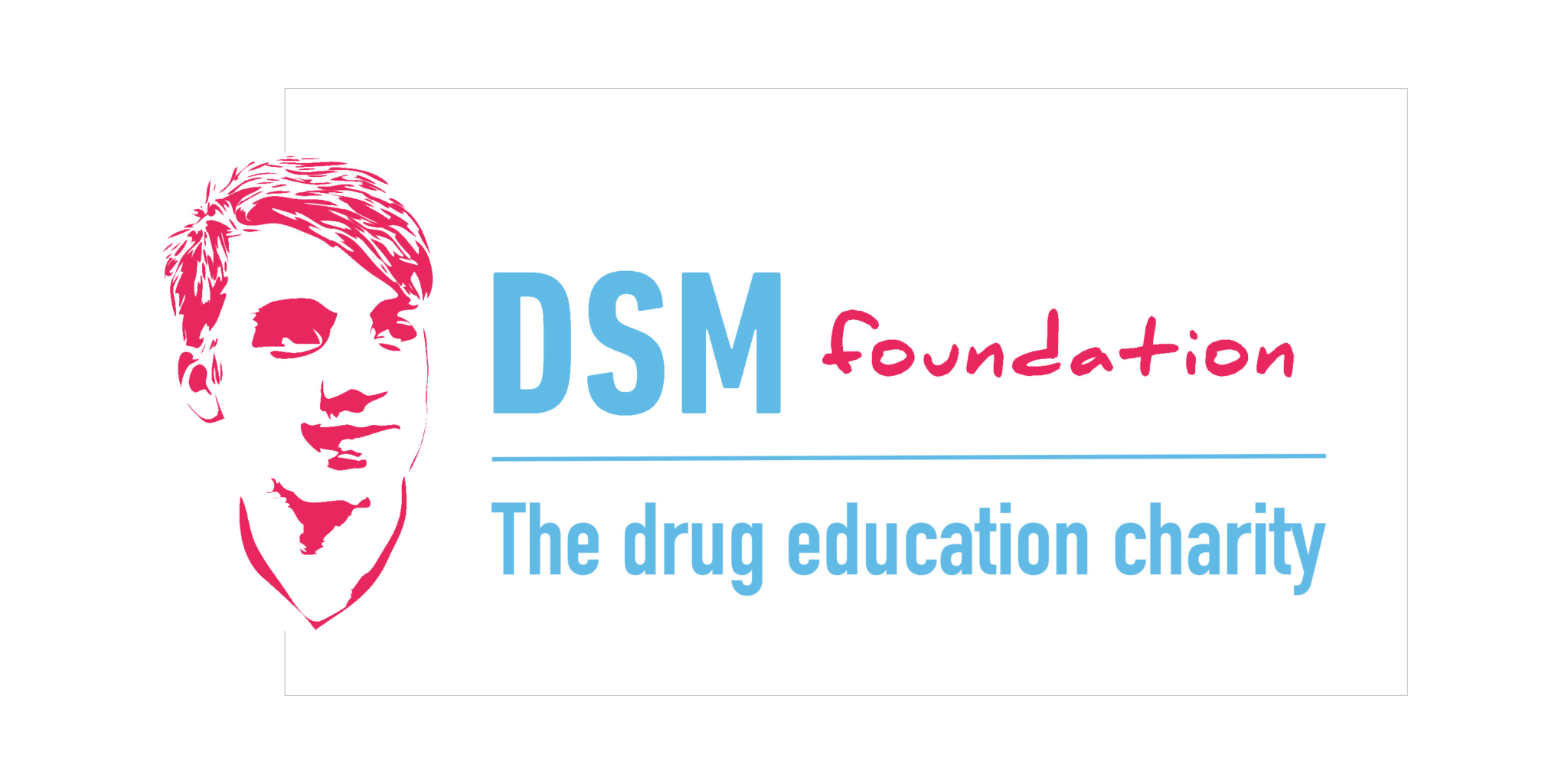Crisis support charity, Hestia, has launched a new national billboard campaign, made possible thanks to the JCDecaux Community Channel, highlighting the different forms of domestic abuse and how risk can escalate gradually over time.
The campaign is backed by high street banks and pharmacies including: AIB (NI), Boots, Cooperative Bank, Medicare, Metro Bank, Morrisons, Nationwide, NatWest, Progressive Building Society, Royal Bank of Scotland, Santander, TSB, Ulster Bank and more.
It aims to raise awareness of the thousands of designated Safe Spaces in their high street branches for victim-survivors of domestic abuse. Charities and police forces often report an increase in domestic abuse incidents over the winter months, as conditions surrounding the holidays, such as heightened alcohol consumption, financial stress and tensions due to family gatherings, can create an environment where abuse is more likely to occur.
This makes it even more crucial that victim-survivors know where to seek help safely. Some banks participating in the Safe Spaces scheme have also noted an increase in usage of Safe Spaces during winter months.
The powerful, impactful campaign is appearing on billboards and on high streets in key cities across the UK (including London, Birmingham, Edinburgh and Manchester). The campaign was created and produced by Toaster, an international creative agency with an HQ in London.
The Safe Spaces scheme, originally launched by Hestia during the pandemic as part of its UK Says No More campaign, can be accessed by asking a member of staff at a participating location to use their Safe Space.
Victim-survivors are then shown to a private room equipped with a phone or tablet, providing a safe and discreet way to reach out to friends and family, contact specialist support services and start their journey to recovery. Visit www.hestia.org/safe to find your nearest Safe Space.
Patrick Ryan, Chief Executive at Hestia told That's Health: “Winter can be a particularly dangerous time for those experiencing domestic abuse. More time at home, financial pressures, and higher alcohol consumption can increase isolation and risk, while access to support services may be limited".
“That’s why Hestia is launching this campaign to promote Safe Spaces, places where anyone feeling unsafe can escape, and find the support they need. Everyone deserves to be safe; no one should suffer in silence.”
Chris Dooley, Head of Responsible Media at JCDecaux UK, said: “At a time of year when the risk of domestic abuse can quietly escalate, we are proud to use the power of our public screens nationwide to help Hestia shine a light on Safe Spaces and signpost people to confidential, life-changing support.”
Louise, a survivor of domestic abuse, said: “In winter, offices close and clubs and community centres take a break. For victims of abuse, this brings isolation... It means there is no break from the abuse. As the victim, you are more helpless now than ever, your life more at risk.
"You can't see a way out, especially when your every move is being monitored. “With Safe Spaces, you are not alone. You have the opportunity to reach out, put together an escape plan and find refuge... all while visiting something unassuming like a bank or a pharmacy. Safe Spaces could be lifesaving”.





